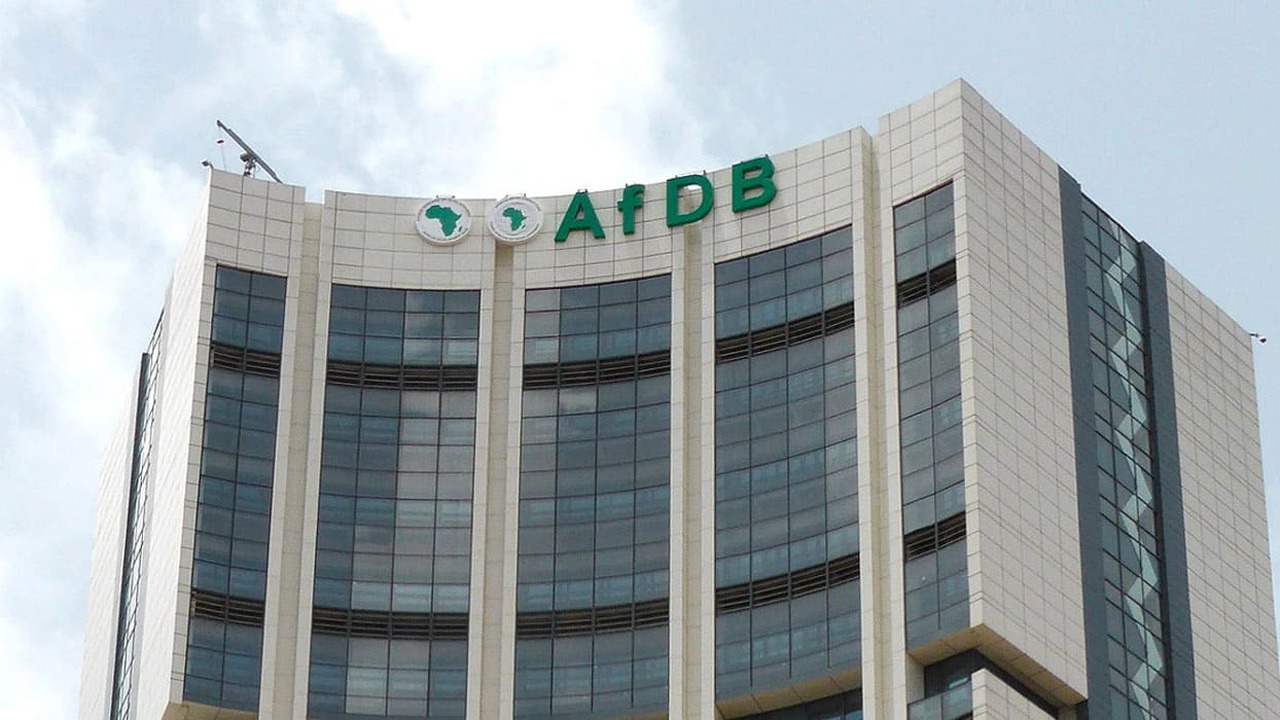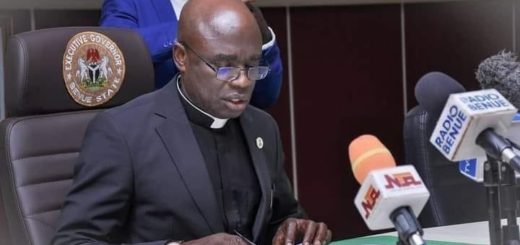Nigeria to get $134 million AfDB loan for staple food farmers

African Development Bank (AfDB) has signified intention to loan Nigeria $134 million as an integral part of the National Agricultural Growth Scheme and AgroPocket (NAGS-AP) Project.
The facility is to expand the capacity of farmers to engage in the cultivation of key staples like rice, maize, cassava, and wheat across the country.
Minister of Agriculture and Food Security, Abubakar Kyari, announced this in Jigawa State, at the weekend, while flagging off this year’s Wheat Dry Season farming.
With the loan, according to him, crop yield will increase by at least 20 per cent, compared to the previous year. The high value staples, The Guardian gathered, will be joined by others like soybeans and sorghum in the wet season.
He added: “We do not expect a bed of roses; we know that our path will be riddled with challenges. Indeed, there have been quite a few already. But we are poised to take them on. We have been innovative in utilising Information and Communication Technology (ICT) to: target already proven irrigated farm clusters; deploy verified farmer data; and map the farmers to AgroDealer Redemption Centres. Thankfully, we have already gained grounds.”
Governor Umar Namadi of Jigawa expressed gratitude to the Federal Government for choosing Jigawa and for providing the farmers with significant help.
“More than 42,000 farmers will have their lives changed by this project,” he said. The governor implored farmers to follow best practices for a bumper harvest.
AMBASSADOR of Switzerland to Nigeria, Nicolas Lang, has urged Governor Mai Mala Buni of Yobe State to invest in the education, agriculture, and health sectors to boost service delivery in the state.
According to him, investment in education is the best recovery process of people’s livelihoods with social safety network in communities. Speaking when the governor visited him in Abuja, at the weekend, the envoy warned that without “quality and functional education” there would be no development at the state and national levels.
Lang, however, noted: “I am happy to learn that Yobe government has engaged in training and retraining of teachers,” which, he noted, is part of the process of rejuvenating basic education.
The envoy, therefore, assured the continued support of the Swiss government to the conflict-affected states of Borno, Adamawa and Yobe in the North-East.
He lamented that inaccessibility to the state in the last decade denied critical interventions from development partners. Henceforth, priority will be accorded to the education, agriculture and health sectors with support of the state government and the people, he said.
Responding, Buni told Lang that all the displaced persons in communities had been resettled, except Malundunari, a community that was recently attacked and displaced by Boko Haram.
“The state government, in collaboration with United Nations Development Programme (UNDP), is working towards returning Internally Displaced Persons (IDPs) to their communities,” he said.
Buni added that other communities had been provided with health and other facilities, to expedite return and resettlement of IDPs with dignity and in accordance with the Kampala Convention.
Even as the IDPs had been supported with means of livelihood, he noted the need for more support in the agriculture sector to boost farming and livestock production.
Expressing the state government’s readiness to partner the Swiss government to improve the living conditions of the people, the governor said the restoration of livelihoods also encouraged the people to stay in their communities and curb rural-urban migration. Lang assured a continuous support of the Swiss government to the North-East states of Borno, Adamawa and Yobe affected in the conflict.













